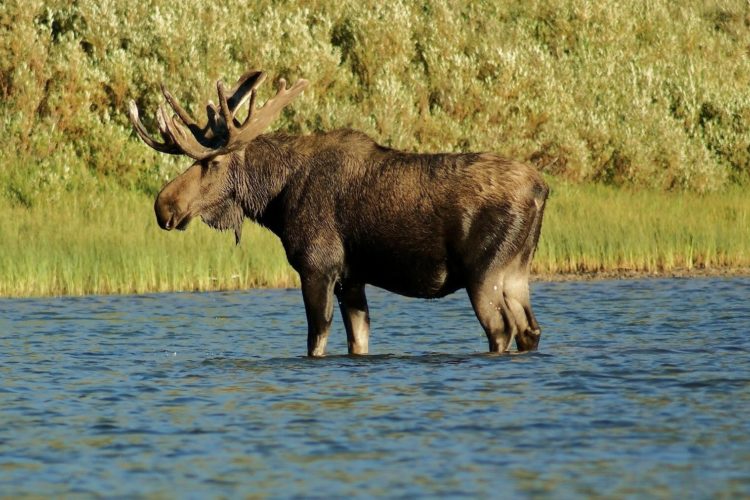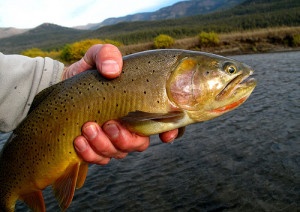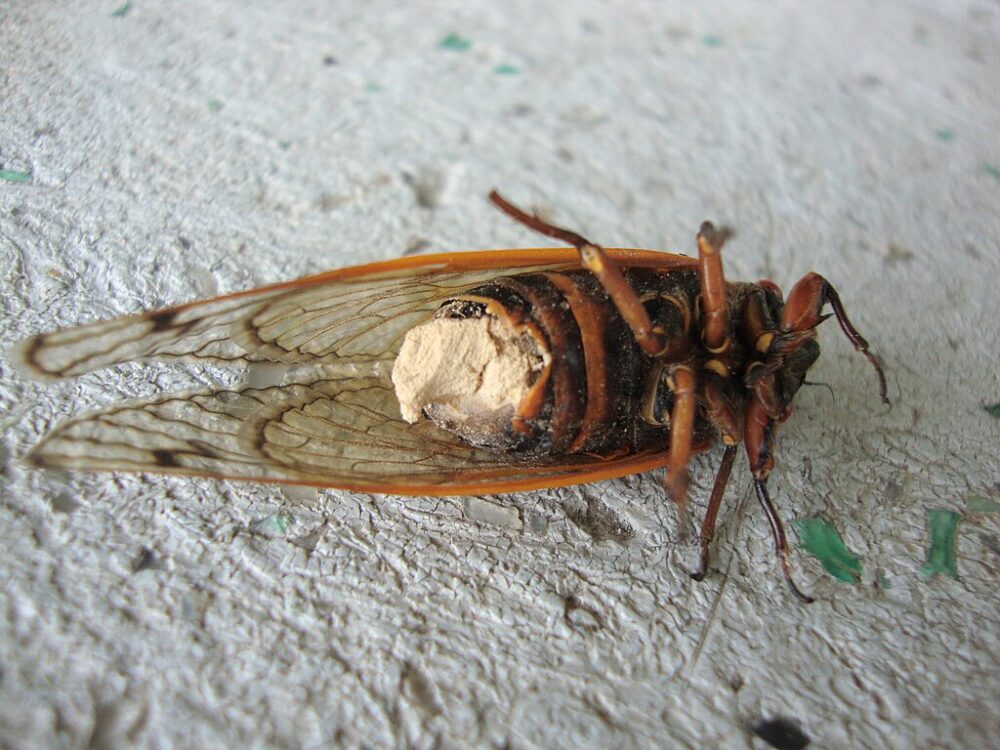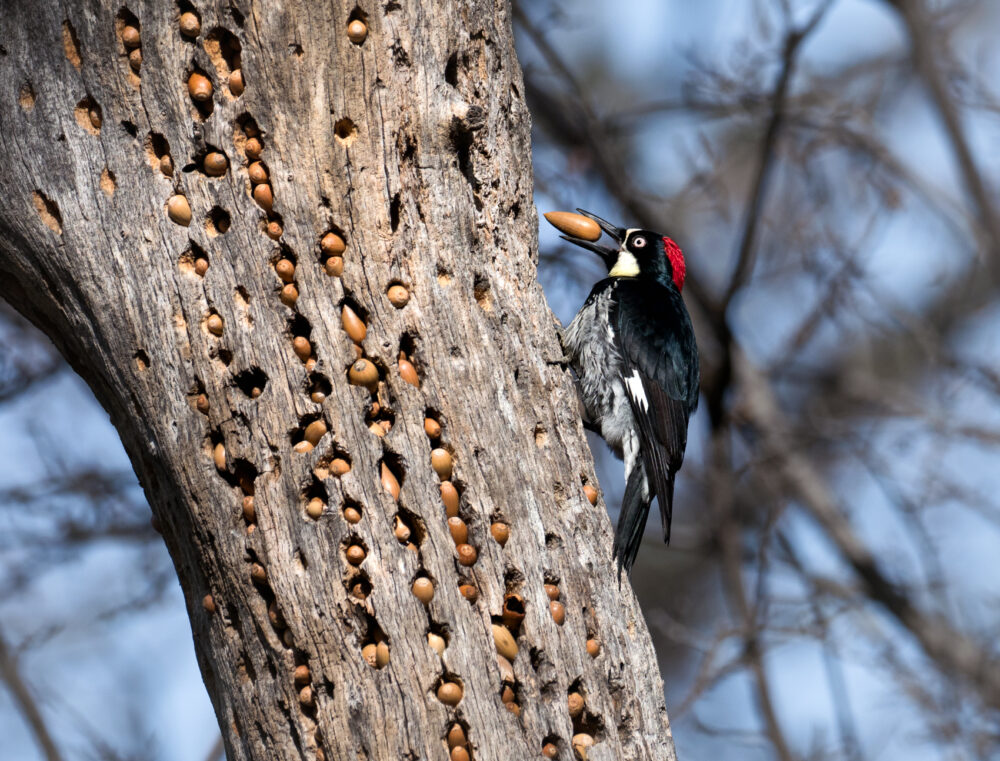We have much more to do and your continued support is needed now more than ever.
Stalled Tailpipe Standards Send both Innovation and Climate Protection to the Junkyard
On Wednesday, March 15, 2017, the Trump Administration announced that it would cancel the next round of fuel efficiency and greenhouse gas pollution improvements for cars and light trucks, stalling much-needed climate progress that would benefit wildlife and public health.

TRANSPORTATION, POLLUTION, AND WILDLIFE
The transportation sector now emits more climate pollution than any other sector in the U.S., at about 1/3 of the nation’s total per year. The carbon pollution coming from tailpipes fuels an array of damaging impacts that wildlife are already seeing, and which are predicted to get worse in the coming decades if more is not done.

Moose populations in the Northeast are declining rapidly, largely due to tick infestations that cannot be curtailed during increasingly mild winters. Loggerhead sea turtles are having increasing difficulty finding nesting beaches as sea-level rise eats away at shorelines. Pika can climb no higher to find cooler elevations in the Rocky Mountains. And, freshwater streams in the West are running too warm and dry to support a healthy number of trout.
These are just a few examples of the negative impacts wildlife are already facing due to increasing climate pollution, of which transportation is a major contributor.
NATIONAL CLEAN CAR STANDARDS
The auto pollution requirements were first established in 2012 and affirmed in 2016 at the end of the EPA and Department of Transportation’s obligatory “midterm review” of what automakers would reasonably be able to accomplish with advancing technology in model years 2022-2025. The agencies determined that, based on all available data, automakers could create cars and light trucks that, when averaged across the entire fleet, would achieve about a 1 mile-per-gallon improvement in fuel economy per year over 10 years, reaching a fleet average of 54.5 MPG in 2025.
These requirements may sound modest, but they were expected to reduce carbon pollution by 540 million metric tons over the lifetime of vehicles produced between 2022-2025. This would result in a total reduction of 6 billion metric tons of carbon dioxide since 2011, cutting the sector’s greenhouse pollution in half.
This dramatic reduction in pollution would improve our air quality, health, and outdoor recreational experience, while making significant strides in lessening future climate change. The 2022-2025 standards would also cut oil consumption by 1.2 billion barrels and save each car owner an average of $1,650, lessening the need to drill for oil in public lands and waters, improving national security, and saving consumers money. When added on top of earlier standards, the benefits are even more significant.
STATES’ RIGHTS TO EVEN CLEANER CLEAN CAR MEASURES
Compounding trouble for wildlife, reports indicate the Trump Administration is still considering a future action to rescind a unique and vital regulatory approval granted to the state of California. This approval – which another 15 states rely on – allows those states to implement more protective air quality (including climate) standards because of their substantial pollution problems. This approval has been granted 45 times since the Clean Air Act was written, and has never been rescinded.
A WORD ABOUT SCIENCE AND PUBLIC INPUT
The 2022-2025 fuel economy standards were based on leading, peer-reviewed scientific evidence of climate change and years of transparent and thorough technical review, extensive vehicle testing, consultation with industry, varied stakeholders, and other experts, plus significant input from the public. Withdrawing the standards now unnecessarily reopens the review process and adds potentially years of delay. Wildlife cannot afford more delay in reducing pollution, especially those species losing habitat to increasingly extreme weather, wildfires, or sea-level rise. And, reversing course would leave science-based decision-making on climate change in the dust.
It is time to park this and other climate policy rollbacks by the road-side in favor of pollution solutions that benefit wildlife, consumers, and national security, and fuel the next generation of cleaner cars.
CONTACT YOUR SENATORS TO URGE THEM TO OPPOSE THIS AND OTHER ROLLBACKS OF CLIMATE ACTION.






















